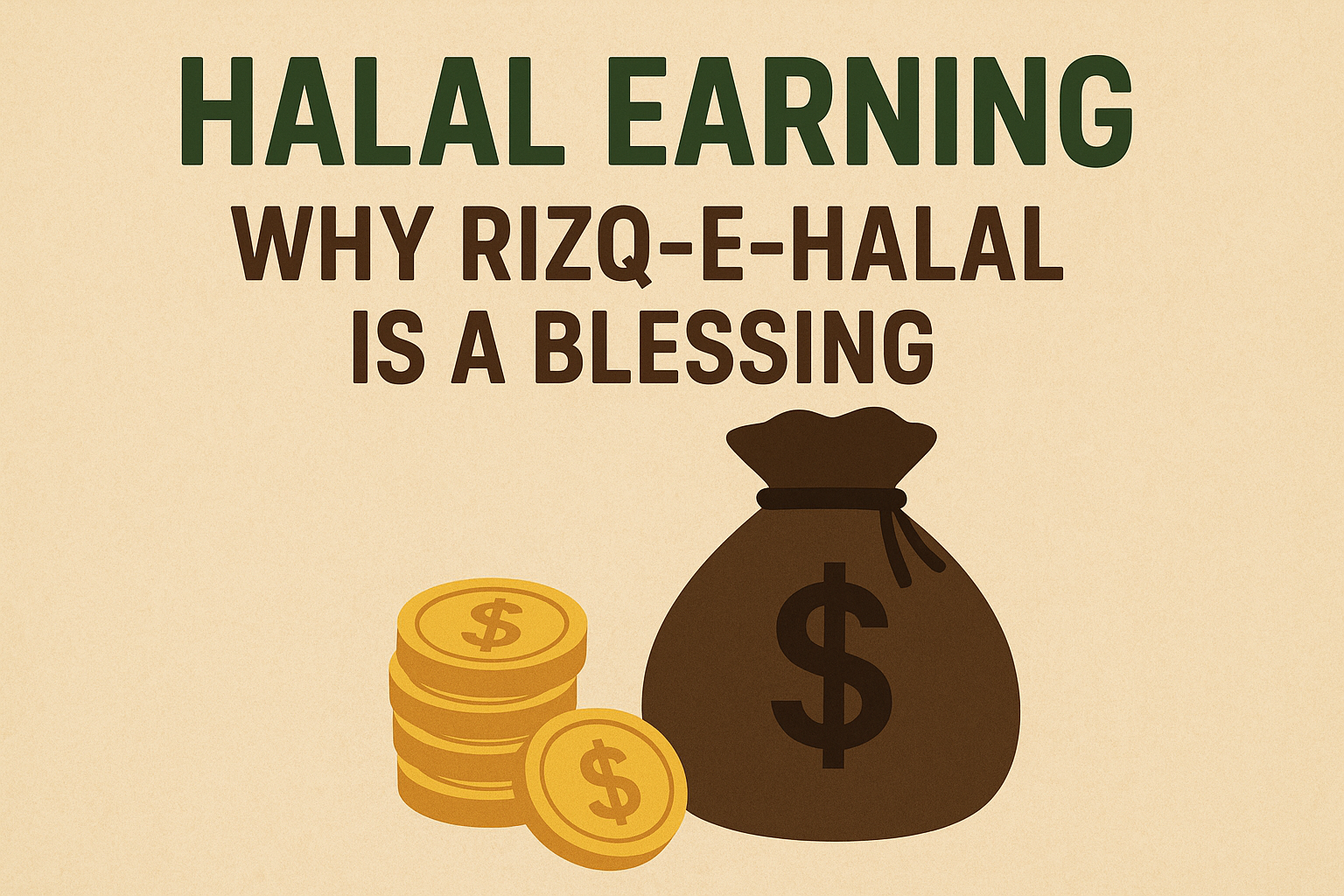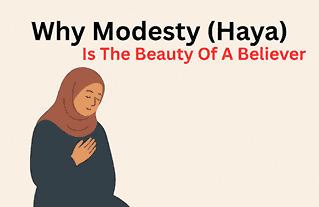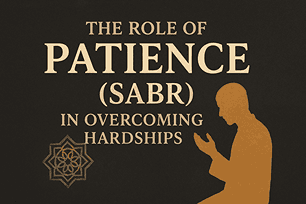Halal Earning: Why Rizq-e-Halal is a Blessing

Introduction
Every Muslim dreams of a life filled with peace, blessings, and contentment. While wealth is an important part of life, the way it is earned defines its true value. In Islam, halal earning (lawful) means is not just a financial choice but a spiritual obligation. Rizq-e-Halal (lawful sustenance) brings barakah (blessings) into one’s life, while haram income, no matter how much, deprives the heart of peace.
This article explains why halal earning is a blessing, how it impacts both worldly life and the hereafter, and what practical steps Muslims can take to ensure their earnings remain pure.
Understanding Rizq in Islam

The word Rizq refers to sustenance that Allah provides to His creation. This includes not only money but also food, health, knowledge, relationships, and opportunities. Allah says in the Qur’an:
“And there is no creature on earth but that upon Allah is its provision.” (Qur’an 11:6)
This verse reminds us that sustenance is already guaranteed by Allah. However, the test lies in whether we acquire it through halal or haram means.
Why Halal Earning is a Blessing
1. Spiritual Purity

Halal income keeps the heart and soul pure. When money comes from lawful sources, it strengthens one’s relationship with Allah. On the other hand, haram income blocks the acceptance of prayers and distances a person from spiritual peace.
2. Acceptance of Worship

The Prophet Muhammad ﷺ said:
“A man who has earned haram wealth, his prayer will not be accepted for forty days.” (Musnad Ahmad)
Therefore, halal earning ensures that our acts of worship—prayer, fasting, charity—are accepted.
3. Barakah (Blessings) in Wealth

A small amount of halal income often brings more satisfaction than a large amount of haram income. This is because halal rizq carries barakah, which multiplies its benefits in ways beyond our imagination.
4. Peace of Mind

When a person earns lawfully, he sleeps with peace and no fear of guilt. In contrast, those who earn through bribery, interest, or fraud live with constant worry of being caught or exposed.
5. Generational Impact
Halal earning does not just benefit the earner but also the family. The food we buy, the education we provide, and the clothes we wear all become a source of blessing when they come from lawful income. Children raised on halal rizq often grow up with strong faith and good character.
The Dangers of Haram Earning

To understand the importance of halal rizq, we must also reflect on the dangers of haram income.
Loss of Barakah: Haram wealth may look big, but it never satisfies.
Spiritual Darkness: It hardens the heart and makes one careless about faith.
Corruption in Society: When people earn unlawfully, it spreads injustice and inequality.
Punishment in the Hereafter: The Qur’an and Hadith warn against interest (riba), bribery, gambling, and fraud.
Thus, the harms of haram are not only personal but also collective, damaging families and entire societies.
Practical Steps to Ensure Halal Earning
1. Choose the Right Profession

Muslims should pursue careers and businesses that align with Islamic values. Jobs in interest-based institutions, gambling, or unethical industries must be avoided.
2. Avoid Riba (Interest)

Dealing with interest is strictly prohibited in Islam. Whether it’s through loans, banking, or investments, one must seek halal alternatives like Islamic finance.
3. Honesty in Business

The Prophet ﷺ was known as Al-Ameen (The Trustworthy). He taught that honesty in trade leads to blessings, while cheating destroys wealth.
4. Give Zakat and Charity

One way to purify income is by paying zakat and giving charity. This not only helps the needy but also cleanses wealth from hidden impurities.
5. Always Ask: Is it Halal?
Before accepting a job or business deal, ask: Is this earning lawful in the eyes of Allah? This simple question can save us from falling into sin.
Halal Earning in Today’s World

Modern life brings new challenges. With industries like banking, insurance, media, and online trading, Muslims often face confusion about halal and haram. However, Islamic scholars and financial experts are continuously working to provide halal solutions, such as Islamic banking, halal investments, and Shariah-compliant business models.
Moreover, digital platforms have opened doors for halal freelancing, e-commerce, and skill-based jobs, which allow Muslims to earn without compromising their faith.
The Blessings of Rizq-e-Halal
When a believer chooses halal over haram, even if it means earning less, Allah replaces the loss with countless blessings. These blessings may appear as good health, righteous children, peace at home, or unexpected opportunities.
The Prophet ﷺ said:
“Whoever gives up something for the sake of Allah, Allah will replace it with something better.” (Musnad Ahmad)
Therefore, halal earning is not just a financial decision—it is an act of faith, a source of dignity, and a key to success in this life and the next.
Conclusion
In Islam, halal earning is more than just a source of income—it is a form of worship. Rizq-e-Halal nourishes the body, purifies the soul, strengthens families, and builds a just society. On the other hand, haram income may bring temporary comfort but leaves long-lasting spiritual and social harm.
As Muslims, we must remind ourselves that Allah is the Provider of all sustenance. Our duty is not to chase wealth blindly but to earn it in ways that are lawful, honest, and blessed. By doing so, we secure not only our worldly success but also eternal happiness in the hereafter.













Post Comment